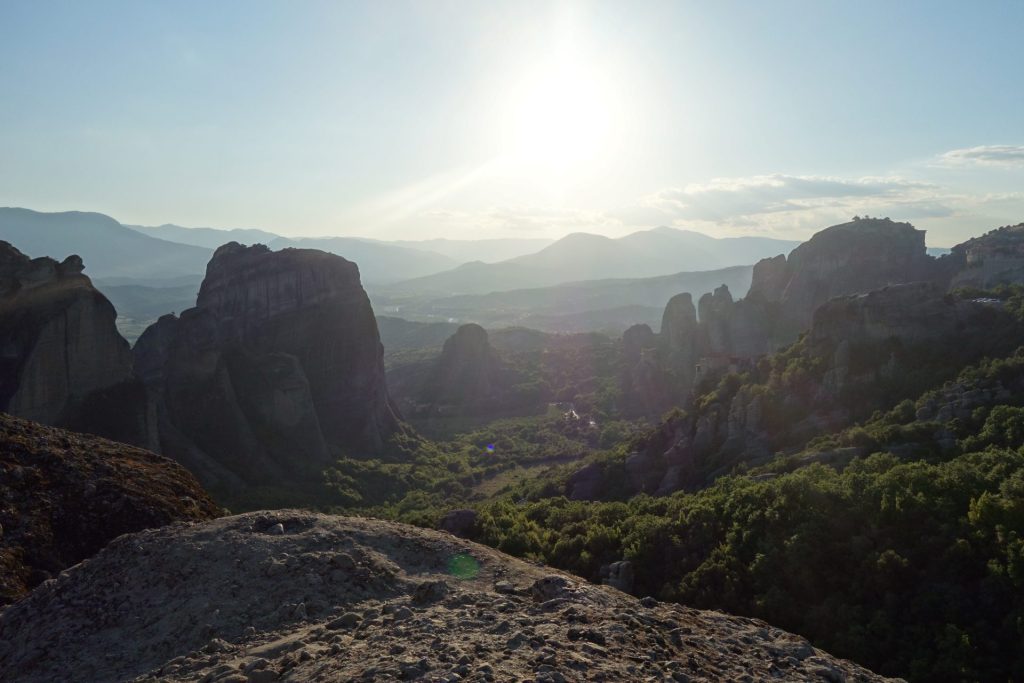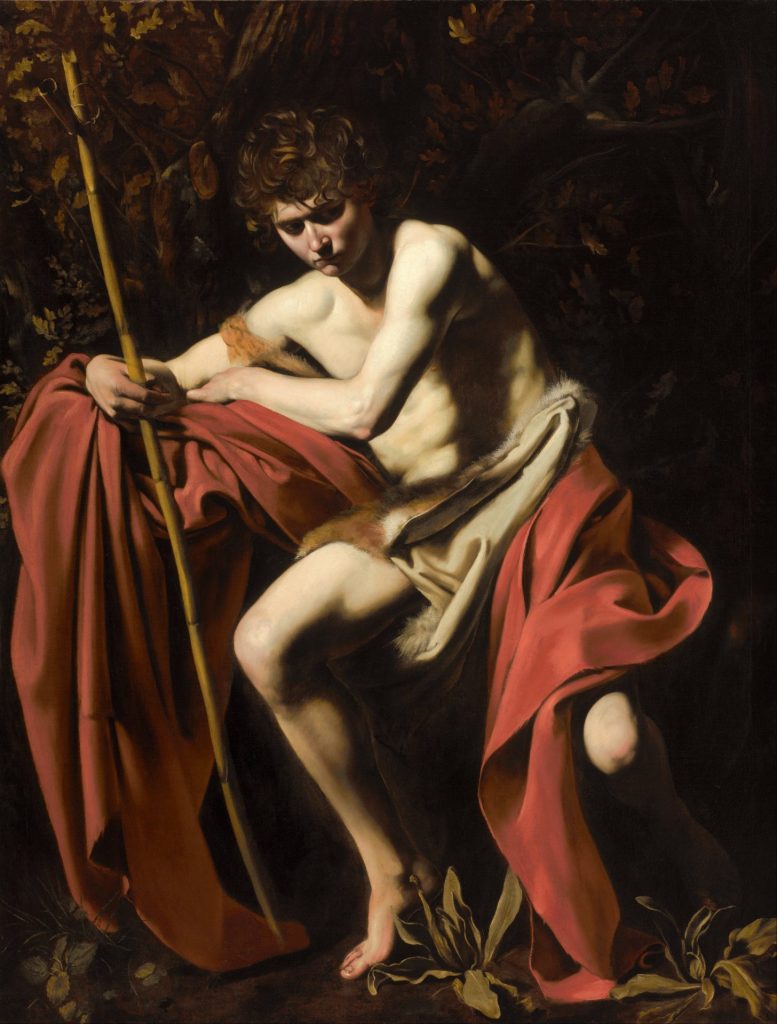
Photo by Ralph Zoontjens (Pexels)
Sunday, December 17
THIRD SUNDAY OF ADVENT – YEAR B
John 1:6-8, 19-28
The Laudato Si’ Journey, which accompanies the Sundays of Advent towards the Lord’s Nativity, offers us a taste of the joy of Christmas on this “Gaudete” Sunday. The rose-colored vestments, no longer violet, remind us that we should not wait for a set date to encounter the birth of Jesus but that every day can be a kairos that changes our lives.
Like last Sunday, today the central figure is John the Baptist, an icon of our mood during the Advent season. He is presented in dialogue with those who come to find him in the desert, drawn by the power of his announcement.
John, who once proclaimed with cries in the desert a baptism of conversion, will now confront his own expectations, his own self, the sincerity of his humility, and he still has much to tell us about living faith and the relationship with God. The first part of today’s Gospel is taken from John’s prologue. Like an eagle circling itself, fixing its gaze on the prey even from a great distance, John’s text describes the word, revealing to us increasingly precise aspects. But within the description, there are interruptions that almost seem inconsistent with the rest, as in the case of the passages about John the Baptist.
Certainly, at a specific juncture, the hymn takes an unexpected pause, specifically focusing on the figure of John, who serves as a witness. But the witness is essential for the word; without a witness, without communication, there is no word. John the Baptist indicates to us, with his life, one of our duties for the new year, one of our commitments: we must bear witness to the light. Witnessing is not the light! Sometimes we focus only on the prophets, almost deifying examples of virtuous men, but we forget that the light comes from elsewhere, only from God! Everything else is idols. To bear witness is tough; in Greek, it is “martyrdom,” giving one’s life for this!
The word is light for every person, beyond religions, cultures, and origins. But in the world, this light is often not recognized, not welcomed. Why don’t we welcome it? Why do we know it but not recognize it? To those who receive it, the power to become children of God is given: the word of truth “informs,” makes us become like God, and makes us become God. It is the principle of divinization. Everyone is the word they hear when they become like it.
The word, in the form of a tight dialogue, becomes the protagonist of today’s narrative. An interrogation to which John the Baptist is subjected, unfolding the two themes: who is man and who is God. Man, embodied by John, is a witness; μαρτυρία is essentially martyrdom. In response to the fundamental first question, “Who are you?” John answers by saying what he is not. Three “no”s that define him. To give a true image of ourselves, we must always limit our narrative, and decenter ourselves in relation to others. What is man? He is what he is not; ultimately, we are all desire.

Caravaggio, St John the Baptist, 1604 c., Museum Nelson-Atkins, Kansas City
After saying what he is not, he takes his definition from Isaiah: “I am the voice of one crying out in the desert.” The quote we saw last Sunday, is the response to the people in exile in Babylon thirsty for justice, finding revelation in the desert. In a place of absolute silence, imagine the silences of the desert, John is a voice. A voice that cries out. And this tells us who God is, as that voice of consolation is prophetic, speaking for God. While man is desire, God is proximity to the poor, closeness in the face of injustice, and consolation in the desert of loneliness.
“In your midst stands one whom you do not know.” The words that conclude John’s testimony seem directed to each of us, who, like those sent by the Pharisees, fill God and His prophets with questions but then are unable to know and recognize God among us, in the gaze of brothers and sisters, or in the harmony of creation. He is among us, and none of us can claim to be worthy of untying the thong of his sandal.
Let us pray to the Lord that on this Sunday, He helps us live with true humility, with the words of Saint Francis of Assisi, who said: “Blessed is the servant who is found so humble among his subjects as he would be among his masters. Blessed is the servant who always remains under the rod of correction. A faithful and prudent servant is he who does not delay to punish himself for all his sins, internally through contrition and externally through confession and acts of reparation” (FF 173).
We sincerely wish you a good Sunday!
Laudato Si’!





